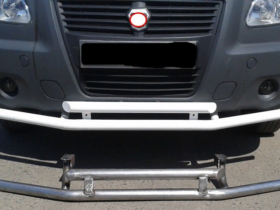At the press conference held in the former capital of Kazakhstan, the chairman of the city society of disabled people presented the public for the first disabled woman who for the first time dared to put up his candidacy in the elections to Maslikhat’s deputies. Almaty. She turned out to be Lazzat Kaltaeva, chairman of the public association “Association of Women with Disabulars“ Shyrac ”.
“Candidate from all citizens of the country with disabilities,” Ali Amanbaev called it. Why in Maslikhat, the local elected body of the city, all disabled people of Kazakhstan should be represented, and why does the head of the city organization, designed to solve the social problems of disabled people living in Almaty, thinks so is not entirely clear.
Among the pre -election promises Lyazzat Kaltaeva are the organization of home support centers, home care at home for disabled people and elderly, organization of products and drug delivery, and other proposals aimed at solving social problems of disabled people, designed to increase their standard of living and security.
Not so long ago l. Kattaeva attracted attention to her person with ambiguous initiatives to limit the sexual-rendroductive rights of disabled people. Candidate for deputies of Maslikhat g. Almaty has publicly expressed the opinion that people with disabilities need to be “protected from sexual and retroductive life”, because “there will be unwanted problems of unwanted pregnancy,” which will follow infections, sick children and poverty.
All of the listed social ailments, of course, take place, and not only in Kazakhstan. But how much it is correct to limit anyone’s right against the background of the lack of attempts to solve social problems of the families of disabled people?
According to the Kazakhstani QIM (public opinion center), 10% of people with disabilities with violation of the musculoskeletal system cannot undergo an examination to identify pathologies of the reproductive system due to the lack of access to medical institutions, for 65% of disability, the main source of income, while more than half surveyed experience material difficulties.












Оставить коммент.